Viggo Mortensen is the least Hollywoodized creative of his standing I've ever met - in the best possible way.
When it comes to his nothing short of legendary role in Lord of the Rings as Aragorn this may be hard to comprehend, but Mortensen blended into the dark walls, dim lighting and gentle hum of activity within an effortlessly chic London hotel as well as Peter managed to disguise himself as a rock in The Hunger Games.
Granted, Mortensen was aided by his Sherlock Holmes-esque cap and understated clothes, but his gentle manner and calm energy as I sit across from him, alongside the incredibly softly spoken quality to his voice - sending me into a flap over whether or not my recorder would pick him up over erratic drilling and peeping horns - certainly doesn't shriek 'I'm one of the most talented actors of my generation' nor 'I want everyone to know it'.
And it's this quiet confidence that makes the many strings to his creative bow even more applaudable - and truly delightful to delve into.
'Epic undertaking' of The Lord of the Rings
It feels almost cringey to ask an actor about the one role he's so renowned for - what else could there possibly be left to ask when the Lord of The Rings franchise is one of the most beloved in the world?
However, I ultimately resolved it sacrilegious not to ask the Aragorn at least a couple of questions about the trilogy - I would've never heard the end of it otherwise.
Aragorn may've not recently appeared on the viral 'kill counts,' but there remains an ongoing dispute online over his role in the movies - many arguing he is the true hero of the films.
From selling ice cream from a van before becoming an actor, Mortensen had quite the journey even before filling Aragorn's boots and creating over 12 hours of a historic and much-loved franchise was indeed 'just an overall epic undertaking,' Mortensen tells UNILAD.
He notes it's too 'hard' to choose a specific scene which was particularly challenging and as Tolkienists continue to battle over which of the three films reigns superior Mortensen agrees he 'like[s] all of it as a whole' - thinking of it as 'one big story' - but admits he does have a favorite.
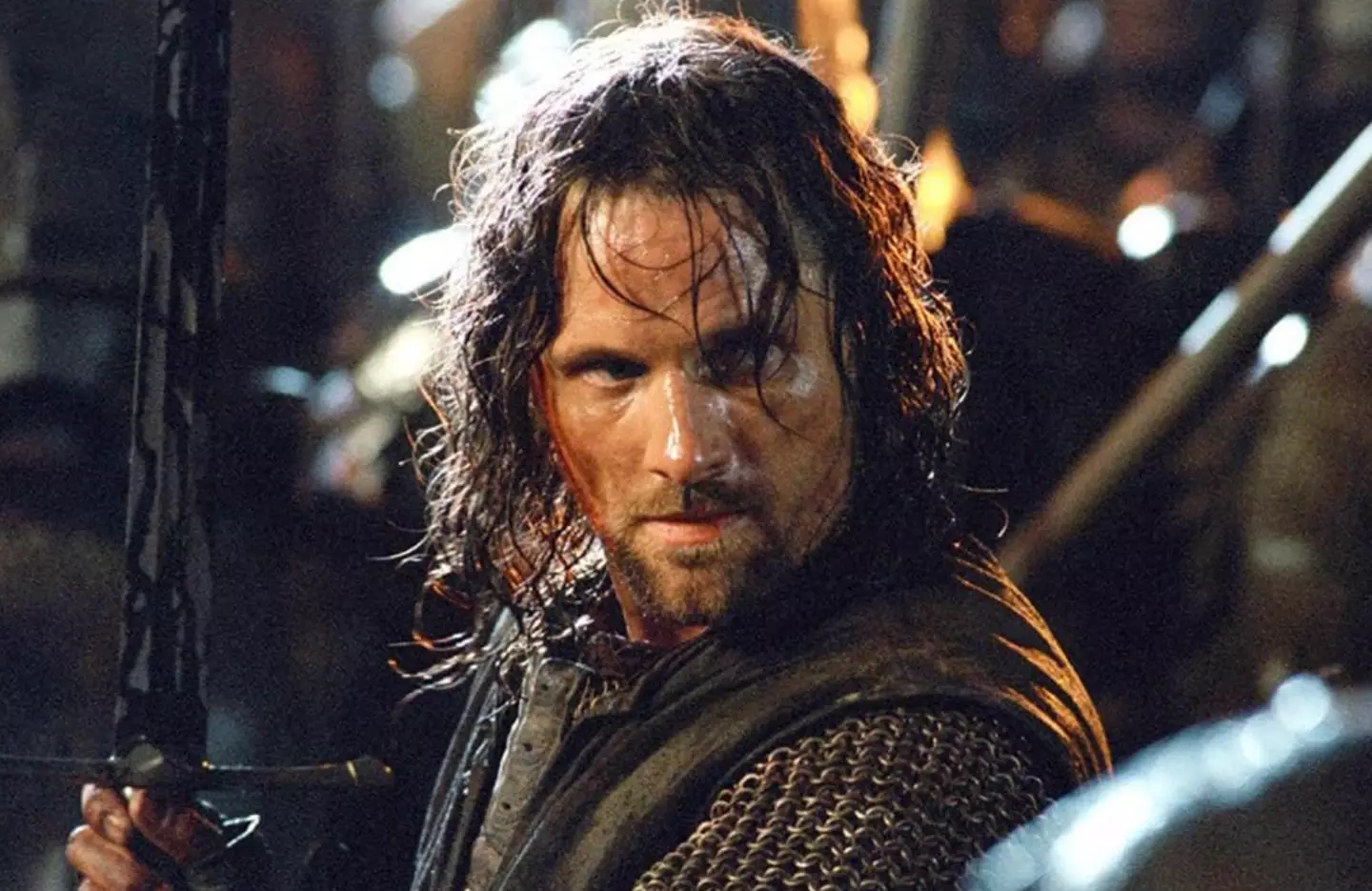
Viggo Mortensen is most widely recognized for his role in The Lord of the Rings (New Line Cinema)
He reveals: "The extended version of the first one because [...] it feels like the most faithful to Tolkien.
"There's more human-on-human, a little bit less [...] special effects."
While not discounting certain 'liberties' resulting in some 'incredible' work, Mortensen praises the film for maintaining a 'spirit' which 'hues fairly close' to the book.
Now, with the pleasantries of discussing Lord of the Rings out of the way - sorry Ringers, I didn't grow up on it and frankly Mortensen's latest work enthrals me even more - what the most die-hard Aragorn fans may not have realized is Mortensen released his second film as a director earlier this year, and it's a Western, no less.
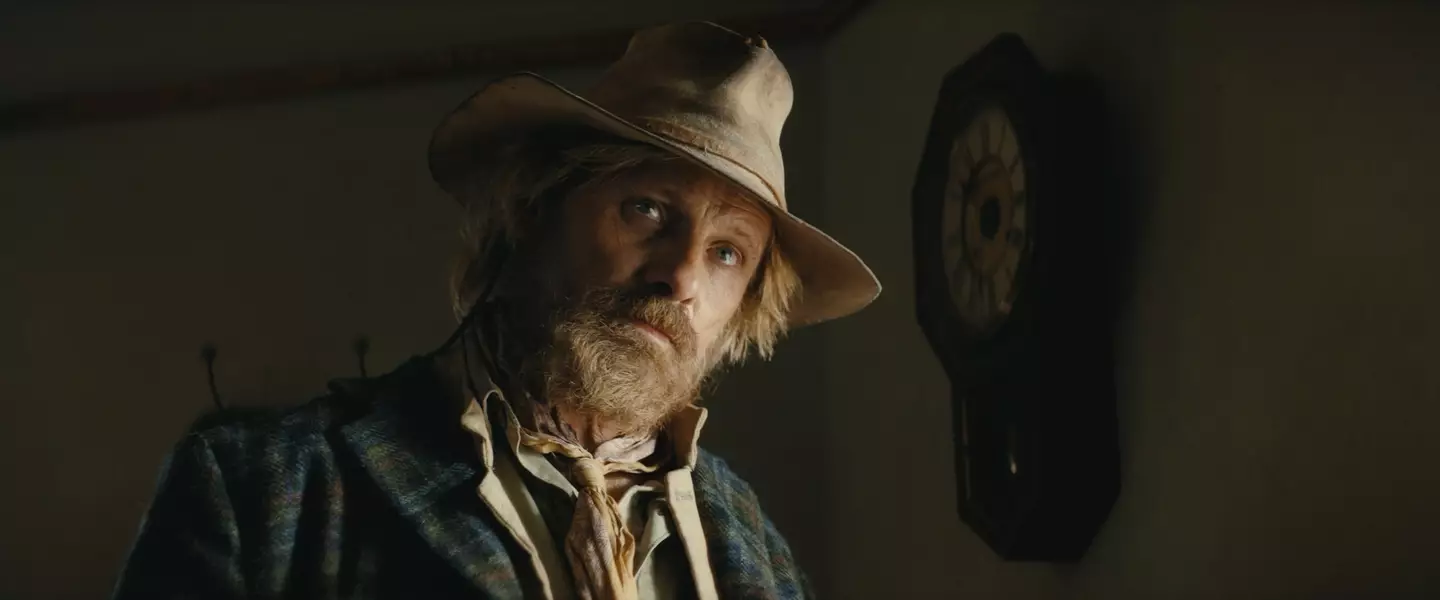
Mortensen released his second film as a director The Dead Don't Hurt earlier this year (Signature Entertainment)
"The score is part of the screenplay"
The Dead Don't Hurt - Mortensen the writer, director, star but also composer too - is audibly striking even before the opening scene, the use of sound one of the biggest highlights of the film.
My interest in it saw Mortensen lean in, his soft tone excitedly rising a few decibels - I came into the interview with about 20 questions, I left with more than just a few unanswered - put two avid musicians in a room together and you fall down a rabbit hole. We agreed music is an aspect of moviemaking some filmmakers neglect. Not Mortensen, however.
Mortensen reveals he typically composes 'most of the music beforehand' and in the case of The Dead Don't Hurt, he found the 'sound guy well before [they] started shooting in Mexico' - certainly not 'a last minute hire' given 'no time to prepare'.
And the impact of this is clearly felt in the film.
From putting microphones in the saddles so 'you hear the creaking of the leather' alongside the sounds of insects and recording someone's spurs as they walk across a room rather than adding it in later - every single small detail was considered 'a big role in this movie,' Mortensen emphasizing his need to write the music while 'looking at the script' ensuring it was 'connected to the words'.
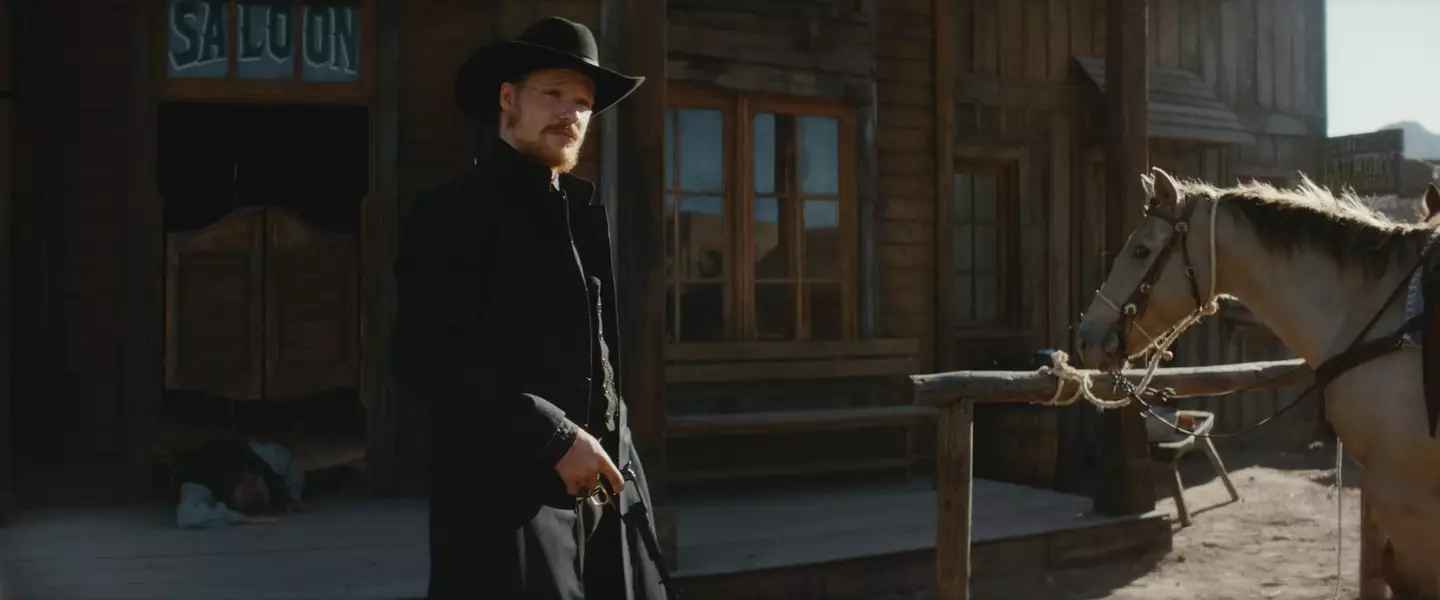
You can hear the film's baddie Weston Jeffries before you even see him on screen (Signature Entertainment)
Granted, some sounds had to be added in post production, but it was done with extreme attention to detail - down to the very type of bird which would actually be present in a scene or location.
"The more real you make things, the more you feel like you're there," Mortensen adds, arguing sound is 'just as important as the visuals'.
"Sound is part of the score really and the score is part of the screenplay."
And Mortensen wasn't only focused on the sound, but on directing too.
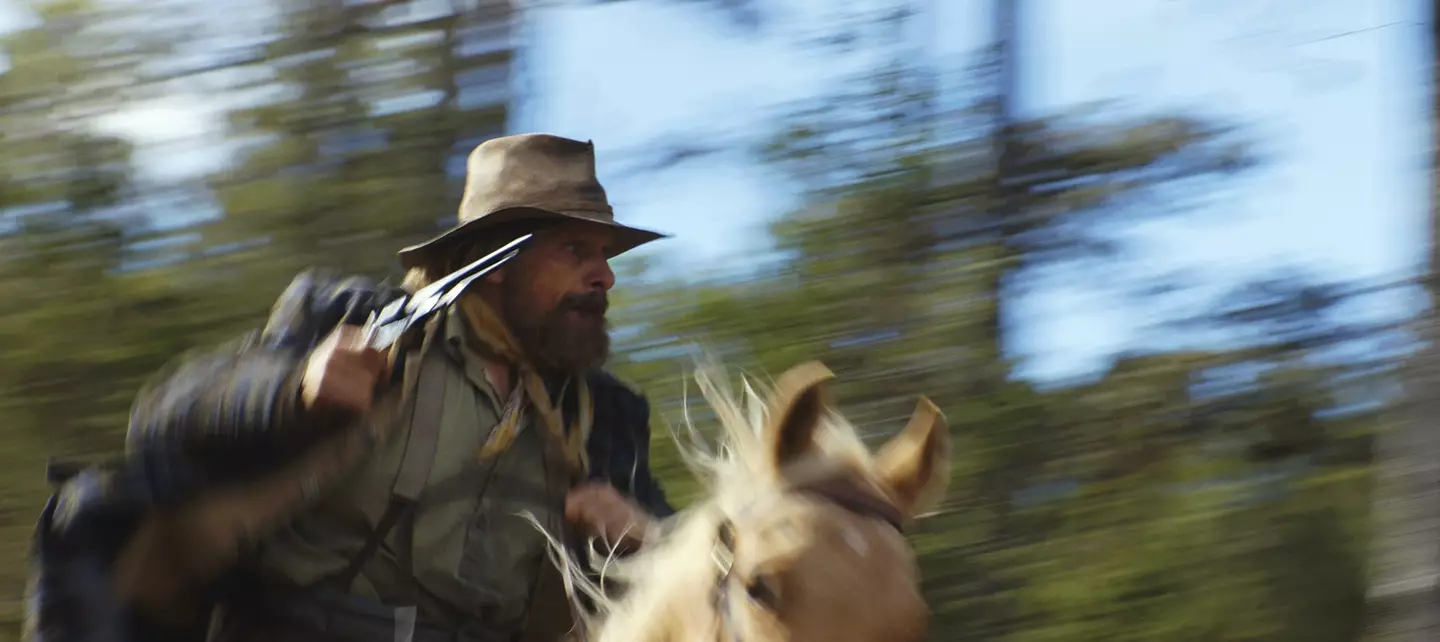
Mortensen doesn't leave the score or rest of the soundscape to the last minute (Signature Entertainment)
"Good acting is based on good reacting"
Despite the potential conflict of donning the cap of both actor and director, Mortensen actually found it made him 'more present' when acting.
"I didn't have time to worry about second guessing myself," he continues. "I'm reacting honestly from moment to moment - which is what you should always be as an actor. Good acting is based on good reacting."
And from playing the hero of a world-famous trilogy to having to fight butt-naked in a slippery steam room in Eastern Promises, Mortensen has tackled many a challenging role, but there are three which proved most testing.
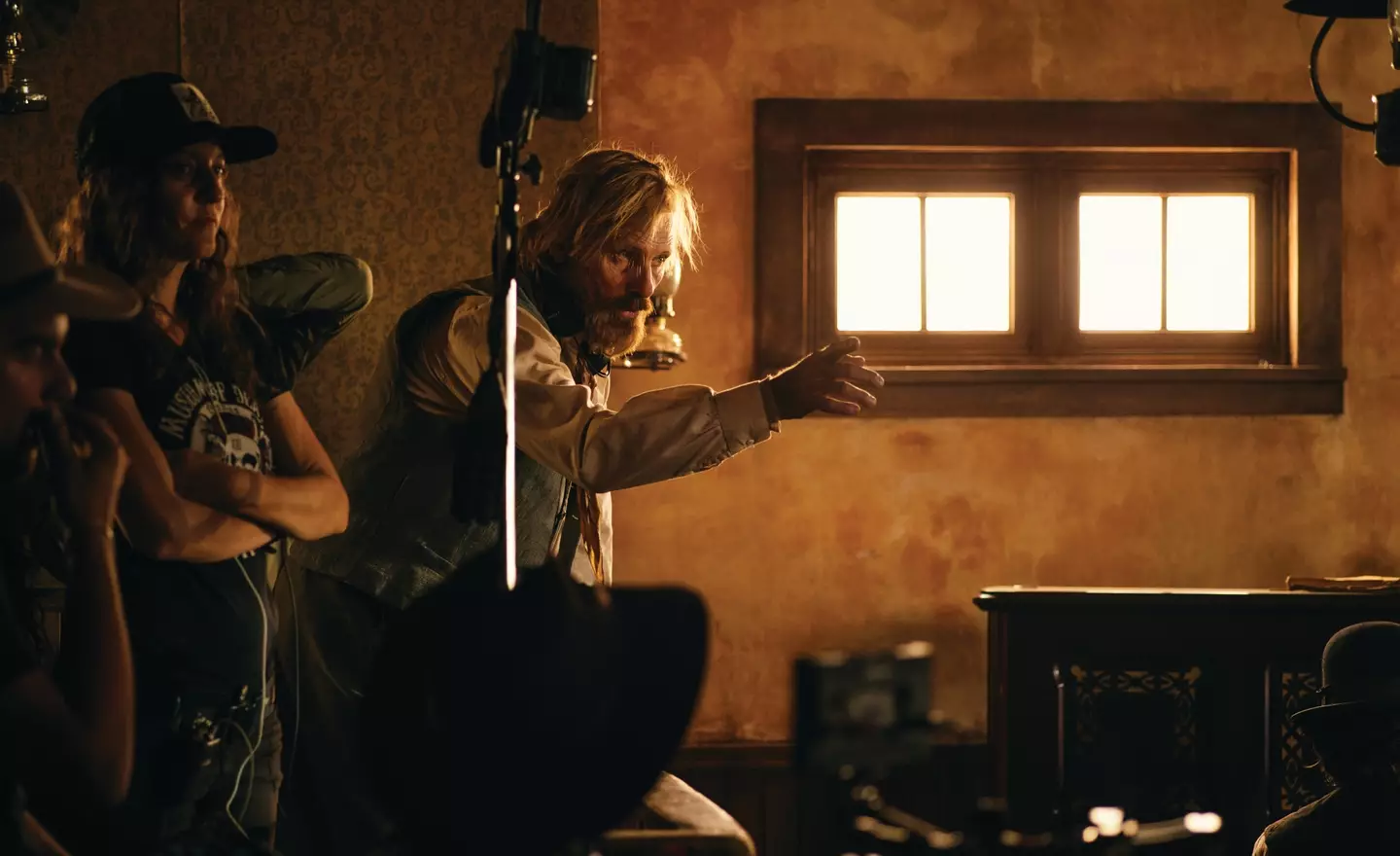
Mortensen directed The Dead Don't Hurt too (Signature Entertainment)
Most challenging role in Mortensen's career
Mortensen explains Green Book was 'a particular kind of challenge' because the role of driver Tony Lip was 'quite different' to him.
There was also the 'beautiful' Far From Men which Mortensen notes 'for obvious reasons was tricky' - the film being in French and Arabic.
And the third most challenging role? Sigmund Freud in A Dangerous Method.
However, there was certainly no challenge in Mortensen's mind when it came to writing and directing The Dead Don't Hurt and the 'importance' of how a potentially triggering scene was presented in the film.
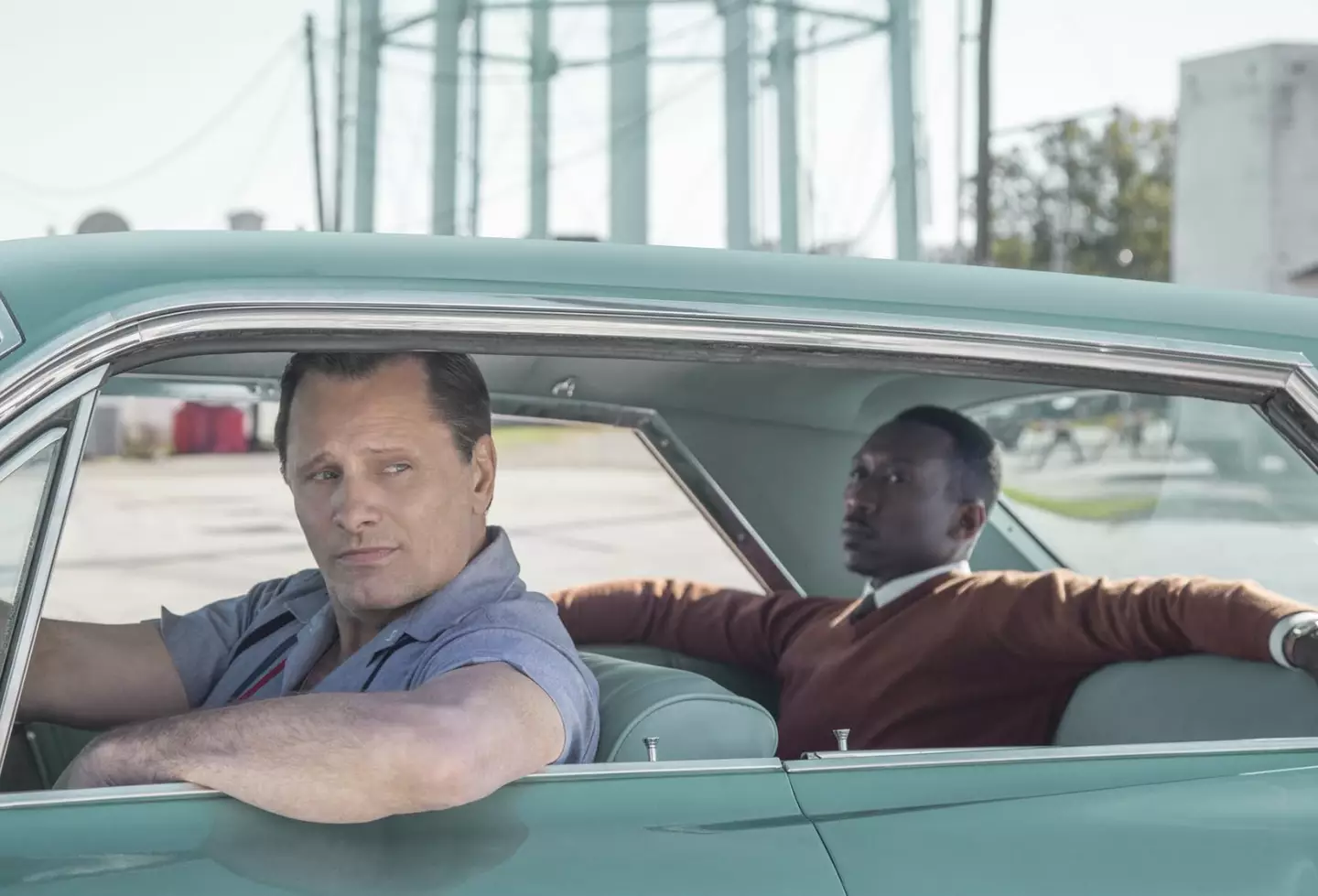
Viggo Mortensen in Green Book (Universal Pictures)
A bone to pick with the film industry
The film's handling of sexual violence against a woman is delicately handled and I don't say that lightly - other shows should take notes.
Mortensen argues when films are 'well made' and 'thought out' it's 'often as important what you don't show' versus what you do - if not 'more important'.
The Dead Don't Hurt subsequently doesn't actually show the violation, but the moments before and more importantly, the moments after - a 'crucial shot' in the aftermath of Vivienne's [Vicky Krieps] trauma 'the only shot like this in the movie', in which Mortensen directed Krieps to look 'right into the camera'.
Mortensen explains: "What the character is saying is: 'I will be seen - you're not going to get rid of me.'
"And so that all of that is much stronger than if you'd shown this whole thing because then you'd be thinking about that, 'Oh, god, that was horrible.' We know that was horrible and we've seen that enough. I think it's in your DNA as a human being - certainly as a woman.
"There's a long history of that kind of stuff [being] exploit[ed] and still, sometimes on film people are using that as an excuse: 'Oh, but it's part of the story'. Yeah, but you're getting off on showing way too f**king much, nudity and... As I say, you imagine it to be worse than I could've shown anyway."
So, after beautiful directorial debut Falling - which even if you're the biggest LOTR fan you may've still not seen - followed by a successful lassoing of the Western genre, what's next for Mortensen?
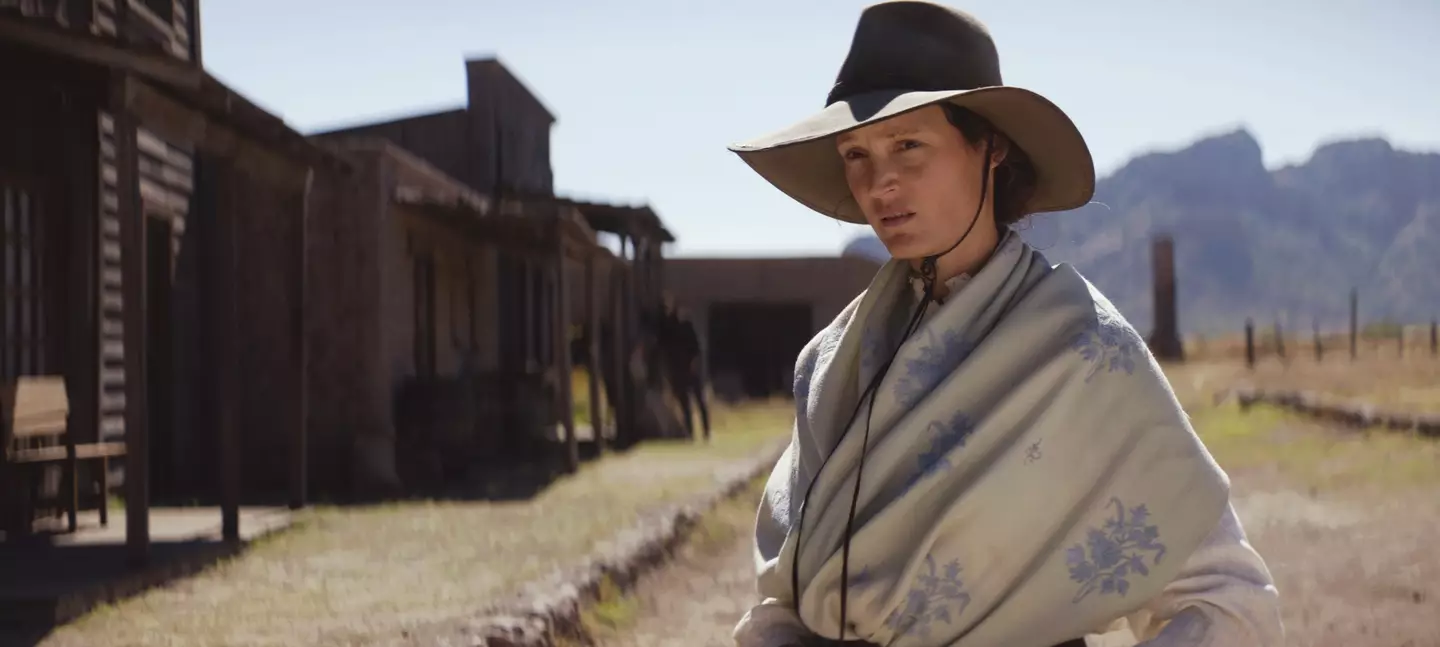
The Dead Don't Hurt centers around a strong woman protagonist (Signature Entertainment)
"The next story..."
Well, it's good news if you loved the themes in Falling and The Dead Don't Hurt as much as I did.
Mortensen reveals his next story 'deals with a more gentle but important disconnect'.
"It's [about] not realizing until very late that not enough attention has been paid [in a relationship], or that there's been an emotional distance because it was just easier," he continues.
"And then you realise, 'Oh, I don't really know this person. We don't know each other the way we should.' So it's a different take. It's not an abusive situation."
But there's a Mortensen carries when considering the future of filmmaking - and viewing - too.
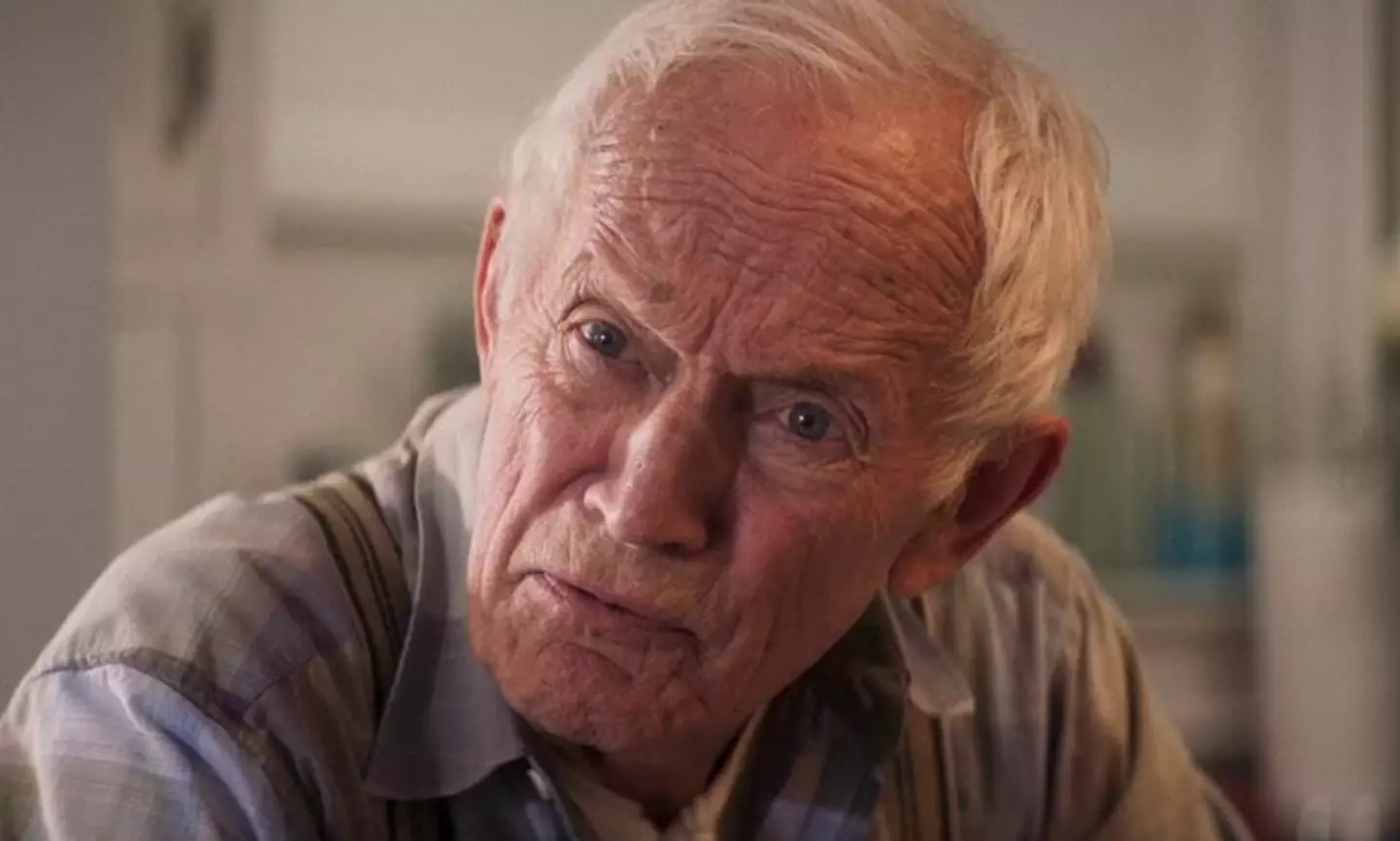
My face when you admit you haven't seen 'Falling' yet (Modern Films)
"A big loss culturally and socially"
In his 20+ years in the industry there's one change which has struck Mortensen and struck him hard - 'the closing of movie theaters'.
"People's reluctance to go as a regular ritual, unfailingly every weekend and sometimes during the week to the cinema," he continues.
Similarly to how it would've been sacrilegious to not ask Mortensen about Lord of The Rings, can anyone really call themselves a movie lover if resolving to watch such pieces of art on a laptop screen or - heaven forbid - a phone, instead of going to the cinema?
Mortensen's emphasis on sound in his films - the meticulous design of the 'placement of sound' and 'levels of quality' - is simply one factor which fuels his strong belief films deserve to be seen in a 'movie house'.
"That's the temple, that's the communal experience, that's where you get transported," Mortensen continues. "Where you can't just pause the movie and be checking your phone as you're watching a scene you might find boring. You're there, you're captive, and you're involved. And I think that's a big loss culturally, and socially."
It's this deep consideration, articulation and reflection which is carried through in Mortensen's own writing, directing and films.
Hopeful for the future, the filmmaker believes cinemas will 'always survive on some level', perhaps becoming a 'retro thing' like people who own turntables, however, he can't help but lament: "Maybe [cinema will] always survive as a sort of oddity but I wish it wasn't an oddity - I wish it was part of everyday life like it used to be when I was growing up."


/cdn.vox-cdn.com/uploads/chorus_asset/file/23390355/malenia.jpg)

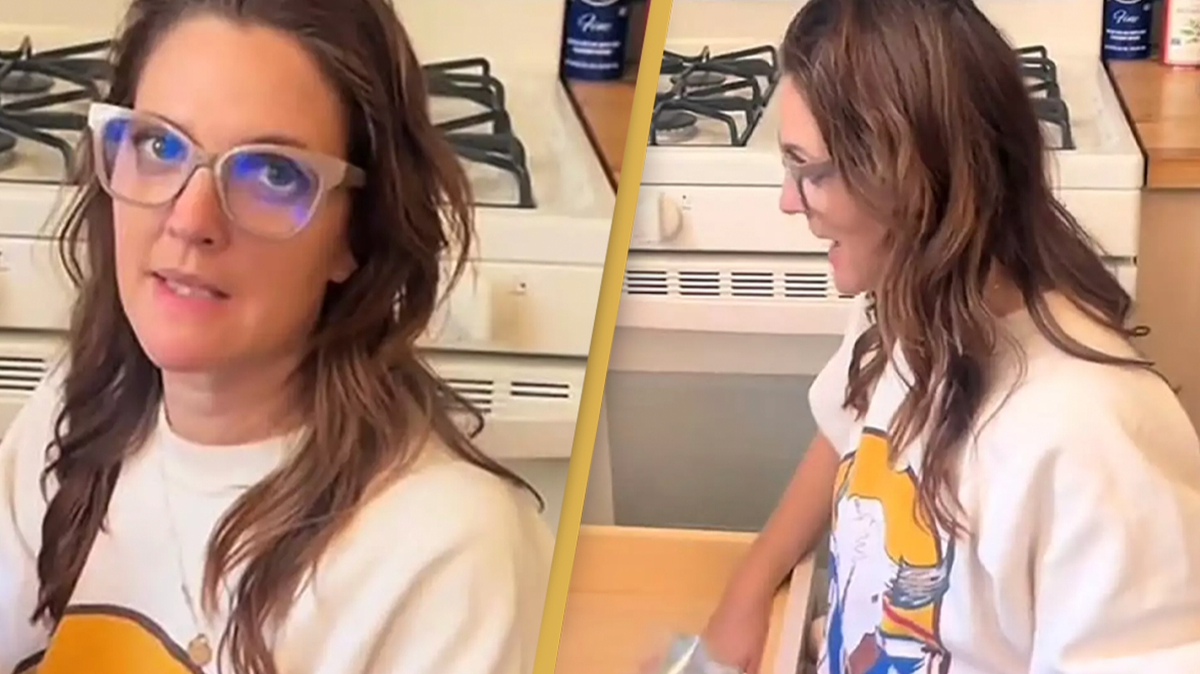
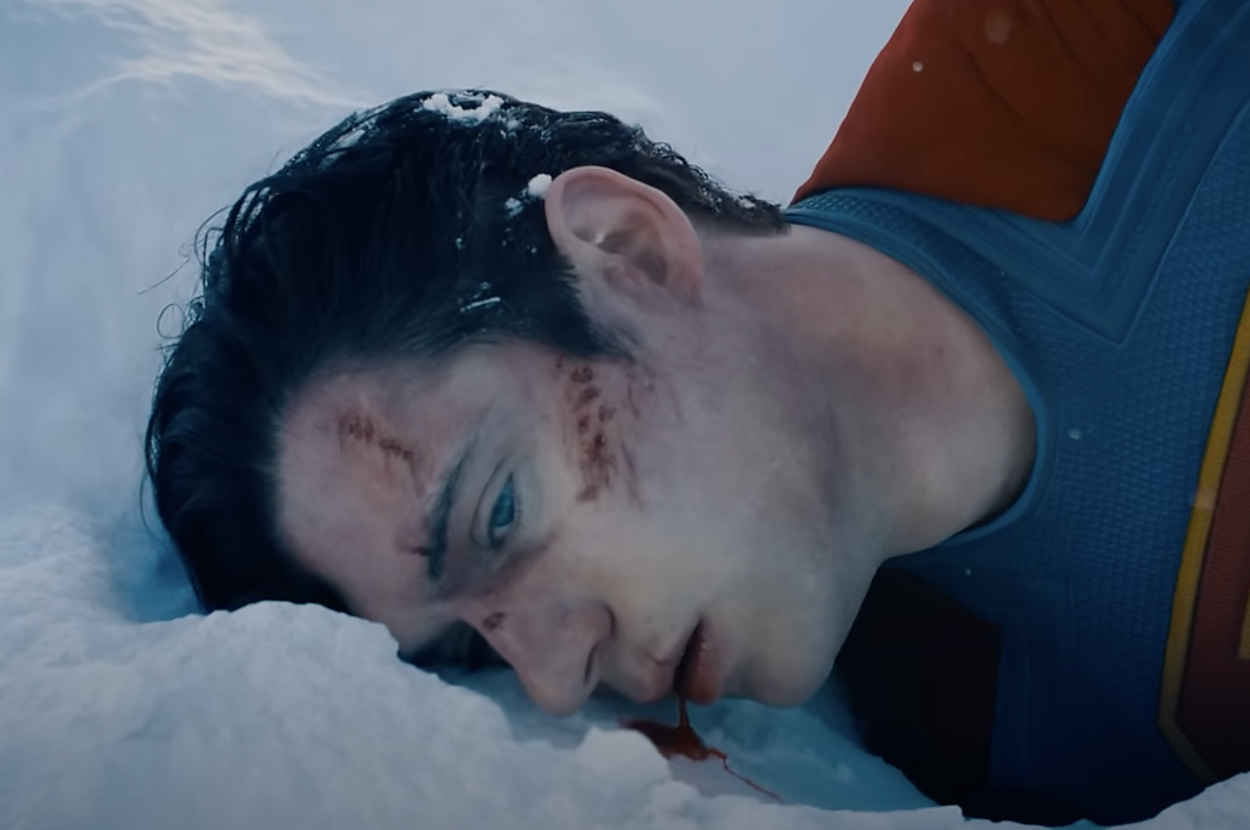









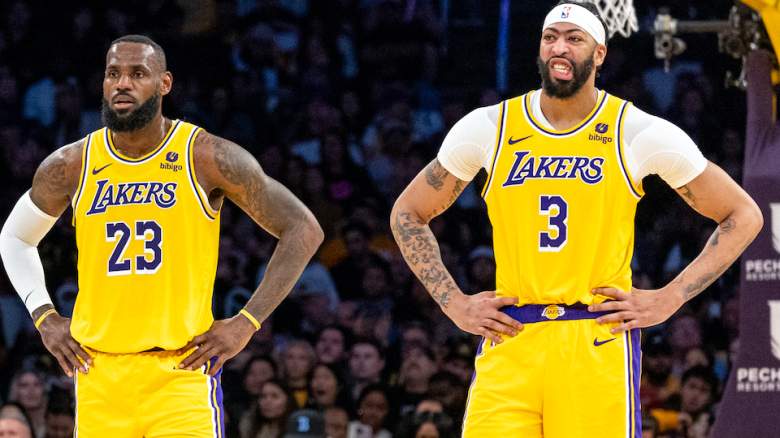


 English (US) ·
English (US) ·